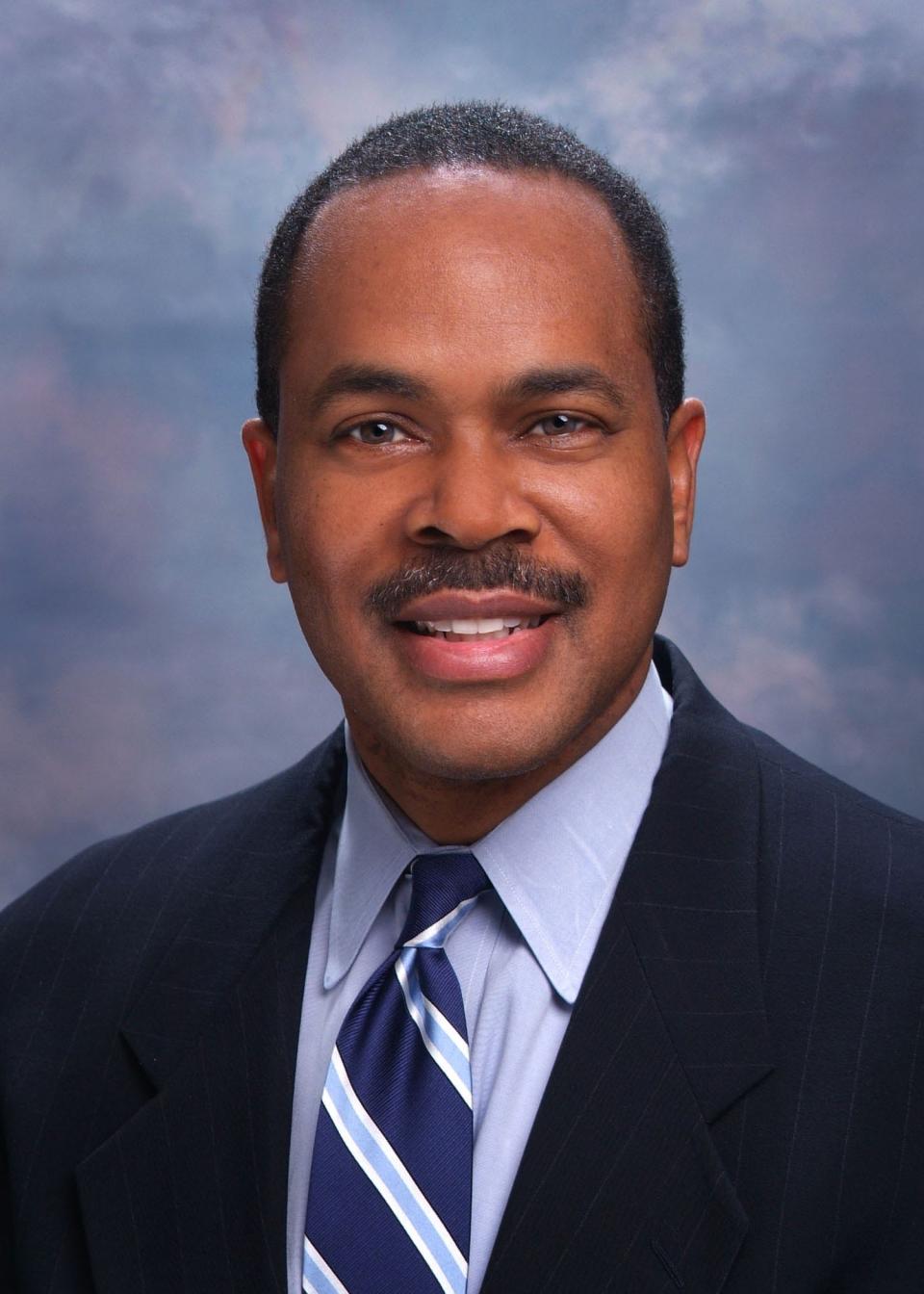Opinion: Asheville's Project Aspire reimagines future of affordable housing, equity
Asheville has a long history of diversity, creativity and innovation. Its natural beauty and vibrant culture attract people from all over the world. However, Asheville also faces many challenges, including affordable housing, economic development and social equity.
The YMCA of Western North Carolina and First Baptist Church of Asheville created Project Aspire to meet those challenges. Unlike many private developers, the YMCA and First Baptist are neutral parties that want to develop community. Their plan to redevelop more than 10 acres downtown will serve a broader community of locals ― those who have lived here for generations, those who live here year-round, and those whose needs are not being met.
The most important piece of the plan is affordable workforce housing. Police officers, teachers, restaurant workers and others have been shut out of the local housing market and are moving further outside of Asheville. Project Aspire will allow central business district employees to not only work in downtown, but to live in downtown. They’ll have a walkable commute and amenities such as a new YMCA, retail stores, restaurants and more in the neighborhood.
Housing is an economic driver of its own, and with the addition of a great mix of tenants even more opportunities will come to this corridor. Project Aspire sets itself apart as an anchor of the east end of downtown and broadens the walkability of downtown.
Like the Grove Arcade, which is the western border of the central business district, Project Aspire would be the border of the eastern part of downtown. This further expands the economic vitality of the east side, and will create a welcoming downtown gateway.
More: Project Aspire: Planning board approves downtown development; City Council gets final say
Project Aspire will convert a largely nontaxable parcel into a vital community hub that will contribute revenue through housing, retail, hospitality, business incubation, entertainment, fitness, worship, health care and more. This model could be replicated in many other communities across the country and Asheville and Buncombe County could lead the effort.
Another key benefit is social equity. Project Aspire provides a new start with the Black community that was cut off by urban renewal. Unfortunately, there's a stigma attached to the current downtown Y because of what took place many years ago, closing down the Y that really supported the Black community and consolidating it into the central one.
Project Aspire extends a heartfelt welcome to the East End and Valley Street communities. Before the project ever came together, the Y and the church invited them and many other stakeholders to be a part of it. It's not a “build it and they will come.” It's that we want you to be a part of the build. That’s what needs to take place for this new project to be successful. It’s a welcoming opportunity to reach out to them to have a stake in the process versus a stake in the end result.
I'm not convinced that many people fully understand all of the services the YMCA and First Baptist offer. Project Aspire would be an opportunity for the downtown community to see these nonprofits in action.
For instance, the Y is not just a health and wellness center or afterschool child care provider. They are committed to building a healthier spirit, mind and body for all. With Project Aspire, the Y is exploring a collaboration with Appalachian Mountain Community Health Centers to bring primary care physicians, dental care and a pharmacy to downtown and eastside residents.
Women's voices: Open call for women to share their voices, during Women's History Month and always
Project Aspire embodies the spirit of the Living Asheville comprehensive plan, and I’m heartened that so many city and county leaders recognize its potential to transform downtown in a positive way. Their early support and interest have been invaluable, as has the feedback from the Asheville Design Review Committee and Planning and Zoning Committee.
As I imagine what Project Aspire will achieve, I see diversity and community engagement in the works. I see a healthy community. I see an inviting community that's reaching out to others. Project Aspire is the opportunity to do that well. It truly is a representation of the community that it desires to serve.

Robby Russell is the former Commercial Relationship Manager and Senior Vice President at First National Bank. During his 19 years in the area, he served in leadership roles on many nonprofit boards, including the YMCA of Western North Carolina and the Appalachian Mountain Community Health Centers. Last month he moved to Chapel Hill to work with the William R. Kenan Jr. Charitable Trust.
This article originally appeared on Asheville Citizen Times: Project Aspire will benefit the downtown Asheville community

